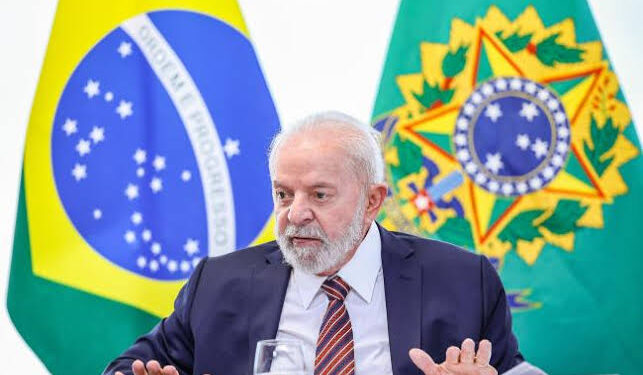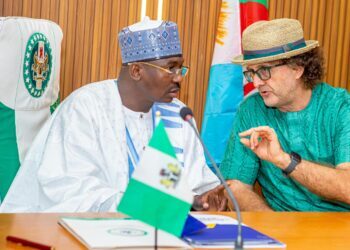“I respect the election of President Trump who was elected by the American people to govern the United States,” but “he was not elected to rule the world.”
The U.S. president has to maintain “democratic and civilised” relations with the rest of the world, Lula noted, with reference to Trump’s intention to relocate Palestinians from the Gaza Strip.
Trump said on Tuesday at a news conference that the United States would take ownership of the Gaza Strip and redevelop it after Palestinians are relocated elsewhere.
The Brazilian president also criticised the United States for promoting itself as “a symbol of democracy and ‘sheriff’ of the world.”
He describe Trump’s statements on the occupation of certain countries and territories as “provocations.” (Xinhua/NAN)











